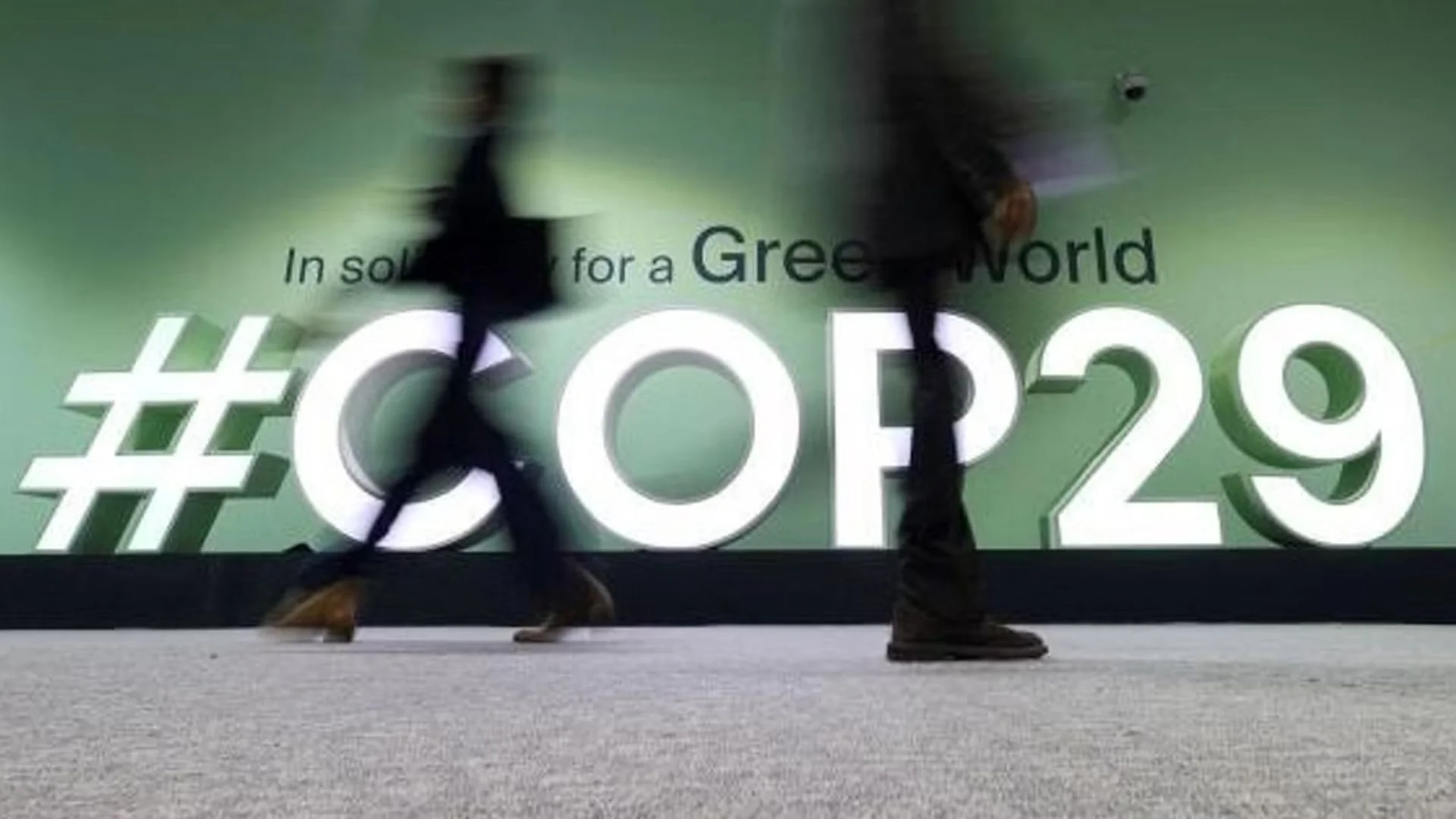A new study warns that poor countries will need $1 trillion annually by 2030 to address climate change and its impacts, five years earlier than the goal set by wealthy nations. The study, published by the Independent High-Level Expert Group on Climate Finance, states that delaying funding until 2035 could impose severe burdens on vulnerable countries, hindering their ability to combat greenhouse gas emissions and adapt to extreme weather.
Urgency in Climate Finance
The study highlights the urgent need for rich nations to provide climate finance sooner rather than later. The $1 trillion annual target is critical for helping developing countries, excluding China, manage the growing costs of climate change. The report, which follows an earlier 2022 study by the same expert group, stresses that the longer the delay, the more expensive the situation will become. Nicholas Stern, one of the economists behind the study, argued that reaching the $1 trillion goal by 2030 is achievable with strong commitment from developed nations.
“Developed countries can absolutely meet this target, but they must act quickly and decisively,” Stern said, suggesting that about half of the $1 trillion could come from private sector investments, with additional funds from multilateral banks, grants, and new taxes on sectors like aviation and shipping.
Debate at COP29
The findings come as nearly 200 countries continue to negotiate at the COP29 summit in Azerbaijan. The central issue at the talks is how to finance climate action for poorer nations, with ongoing disagreements about the sources of this funding. The current proposal sets a target of at least $1 trillion in climate finance by 2035, though developing nations are pushing for faster action.
At the heart of the dispute is whether wealthy countries should contribute more directly or rely on private sector investments. Some governments also suggest new taxes, such as on large polluting nations like China and oil-rich states. However, many activists argue that private finance alone cannot meet the adaptation needs of vulnerable countries, underscoring the importance of grant-based, public finance.
Progress and Challenges
The COP29 talks have made some progress, including an announcement from the World Bank and other multilateral development banks to double their climate finance commitments to $120 billion annually by 2030. However, many experts believe this is still insufficient. “They could do more,” said a high-level executive from a public finance institution.
As negotiations continue, climate experts and activists stress the high cost of inaction. Harjeet Singh, a climate activist, emphasized that the cost of delaying climate finance will only grow, deepening the crisis for everyone. “If COP29 fails to set a meaningful climate finance goal, we’re all on the losing side,” he said.
The outcome of these talks will be crucial in determining how the global community addresses the escalating climate crisis and supports vulnerable nations in their transition to a sustainable future.







